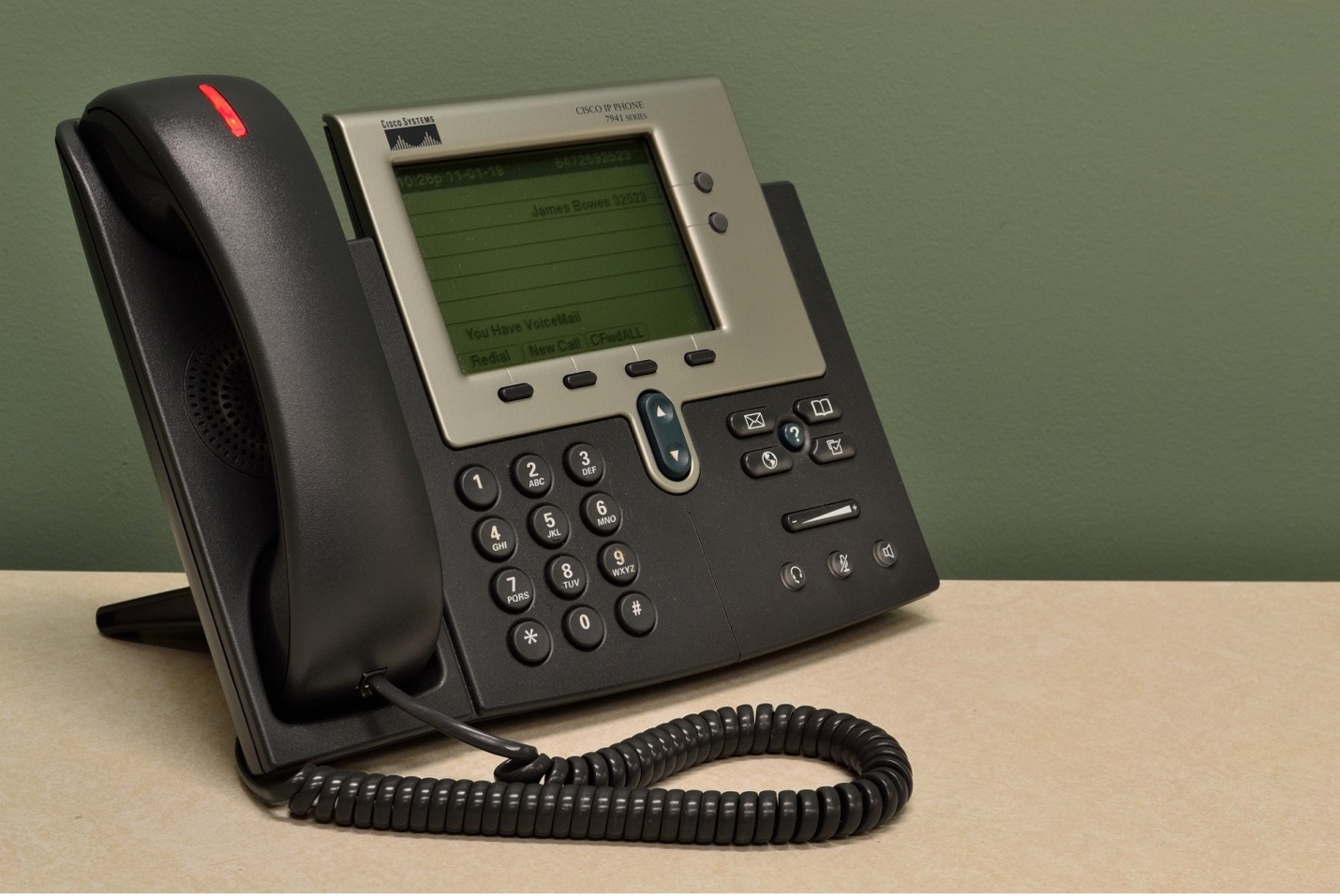TCPA Compliance - The Cornerstone of Telemarketing Regulations
Mar 09, 2023 14:25

The Telephone Consumer Protection Act, commonly referred to as the TCPA or Telephone Consumer Privacy Act, is the cornerstone of federal telemarketing regulations. It prohibits calling consumers without their express consent and imposes severe penalties for violations.
Businesses must ensure they adhere to TCPA regulations in order to avoid costly class action lawsuits.
Obtaining Prior Express Written Consent (PEWC)
TCPA compliance is essential for all businesses that utilize telemarketing to market products or services. Even if your business doesn't have a large telemarketing team, you must understand what the law requires of you.
Obtaining prior express written consent (PEWC) is one of the most essential steps you can take for TCPA adherence. This guarantees you only call consumers with their permission and allows you to track what types of messages they've received and allow them to opt out if they no longer wish to receive future communications.
The TCPA is a complex law that evolves constantly, so it's essential to stay abreast of the most up-to-date compliance best practices. For instance, the US Supreme Court's decision in Facebook v. Duguid created an important shift in how courts interpret certain aspects of TCPA law. Using a TCPA compliance guide can help ensure you are following the letter of the law. You’ll want to be sure to use one that is updated regularly with new information.
For a TCPA-compliant business, conducting prequalifying interviews with each prospect is paramount. Doing this helps you avoid potential lawsuits from customers who feel that your marketing tactics have been abusive towards them.
It is essential to regularly review your list for recycled phone numbers. If a number has been reassigned, it should be removed from the list immediately.
You can verify your list with the FCC's Reassigned Numbers Database, which is accessible online and open to everyone.
Receiving a PEWC will help prevent TCPA violations and shield your company from facing a substantial civil fine. Furthermore, it protects employees against costly lawsuits that could put you personally at risk.

Don’t Call Before 8 AM or After 9 PM Local Time
The TCPA is the primary law that regulates telemarketing activities, and its penalties can be severe (up to $1,500 per violation). It offers consumers a private right of action in filing class actions, while state Attorneys General have authority to enforce it. You can click here to read this law in full.
Businesses must maintain an internal Do Not Call (DNC) list. Businesses may only contact people on this list when they have a legitimate business reason to reach out, and their DNC lists must remain active for five full years.
It is essential to be aware that this law applies not just to companies conducting telemarketing campaigns, but also any entities they hire for help with their calls. That is why it's so essential to guarantee all your calls are compliant with Federal and State regulations.
Modern platforms enable this by automatically loading caller data into the call before approval. Furthermore, pop-ups for specific compliance or risk processes provide your agents with full instructions to read so they're never left in the dark about what needs to be done.
Another way to avoid any violations is by having clear, up-front requests for consent when beginning your business relationship with the consumer. This is especially crucial if they need to make a payment or receive information about their account.
Don’t Use Third-Party Data
As previously noted, the TCPA prohibits sending marketing messages to consumers without their express consent. This includes text messages, calls and faxes made through an automatic telephone dialing system (ATDS) or pre-recorded voices. You can click the link: https://www.law.cornell.edu/definitions/ for more information. Furthermore, using third-party data sources for such calls is considered a violation of the TCPA.
Marketers often rely on third-party sources for lead generation, such as cold callers and email marketing services. Although these outside sources can be useful, they often contain inaccurate or outdated data. Therefore, it's critical to verify any third-party data against DNC lists and other telemarketing regulations before making any phone or text messages.
Businesses should document and trace their data supply chain in order to meet TCPA compliance obligations. This involves auditing and tracking the information from collection through business units and technologies that use it for marketing campaigns.
Maintaining TCPA compliance is essential for all businesses, but especially B2B marketers. Before sending out marketing texts or calls, check against state and federal DNC lists to stay in the clear.
Although it can be a complicated endeavor, it is imperative to ensure your company follows the letter of the law when it comes to the Telephone Consumer Protection Act. This will save you money in fines; it can also save you money by ensuring your efforts are concentrated on interested consumers.







































































